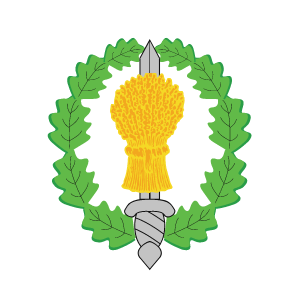Mathematics
Intent - What Do We Aspire for Our Children?
Our Curriculum Intent for Mathematics
At Helsby Hillside, we follow the White Rose Maths scheme of work to ensure a consistent, structured, and high-quality approach to teaching mathematics. Our intent is to develop confident, resilient, and independent mathematicians who enjoy working with numbers and solving problems. Through the White Rose approach, children build a deep and secure understanding of mathematical concepts using small, logical steps.
We aim to foster fluency, reasoning, and problem-solving by teaching topics in depth and revisiting them regularly through a spiral curriculum. Pupils are supported in developing their understanding through the use of concrete resources, pictorial representations, and abstract thinking (CPA approach), allowing all learners to access the curriculum and progress at their own pace.
The White Rose scheme encourages a mastery mindset, where all children are given time and opportunity to fully grasp concepts before moving on. We promote mathematical talk, questioning, and reasoning so that children can explain their thinking clearly and confidently.
By the end of Key Stage 2, our aim is for every child to see themselves as a capable mathematician - equipped with the knowledge, skills, and confidence to succeed in maths and apply it meaningfully in everyday life and future learning.
Curriculum Implementation
At Helsby Hillside, we use the White Rose Maths scheme to deliver a high-quality, structured approach to teaching mathematics across the primary phase. This scheme is fully aligned with the National Curriculum and is designed to build confidence, fluency, and a deep understanding of mathematical concepts for all children.
Implementation Approach:
White Rose Maths is implemented consistently from Reception through to Year 6, ensuring clear progression and continuity. Each year group follows a carefully sequenced curriculum that breaks learning into small, manageable steps. This mastery approach supports all pupils in developing a secure and lasting understanding of maths.
Key Features of Our Implementation:
-
Daily Lessons: Pupils engage in daily maths lessons that incorporate fluency, reasoning, and problem-solving.
-
Concrete–Pictorial–Abstract (CPA) Approach: We use a range of physical resources (concrete), visual representations (pictorial), and formal methods (abstract) to help children grasp new concepts.
-
Small Steps Planning: Learning is broken into small steps that build on prior knowledge, ensuring all pupils can access the curriculum.
-
Mathematical Talk: Children are encouraged to explain their thinking and discuss strategies, developing both their mathematical language and reasoning skills.
-
Assessment for Learning: Teachers use formative assessment to identify gaps and adapt teaching to meet the needs of all learners.
-
Support and Challenge: Activities are designed to ensure all children are appropriately supported and challenged, with opportunities for deeper learning and extension.
 Helsby Hillside Primary School
Helsby Hillside Primary School
